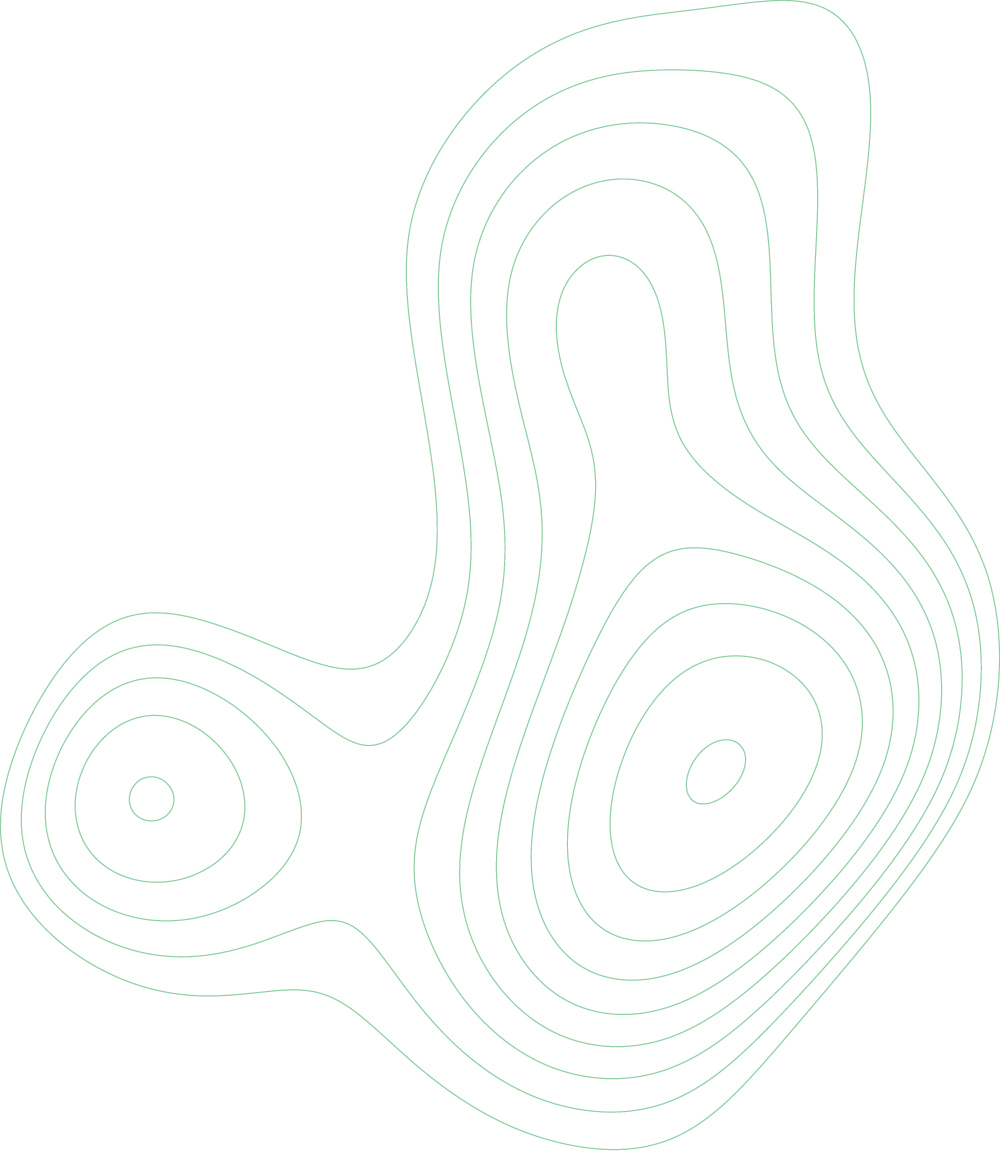
Better therapeutic outcomes using unique brain signals
Wes Thevathasan (left) joins DBS Tech as Chief Medical Officer.
improved therapies
Electroceutical therapies are an established treatment for neurological disorders. They work by delivering electric pulses generated and controlled by a sophisticated medical device to precisely located targets in neural circuits of organs, including the brain itself.
In collaboration with the Bionics Institute and our international partner, DBS Technologies is developing advanced techniques to harness unique brain signals to advance electroceutical therapies across a broad range of neurological disorders.
About DBS Tech
Deep Brain Stimulation Technologies Pty Ltd is a rapidly developing company owned by the Bionics Institute of Australia, founders, and private investors. DBS Tech was founded in 2019 and has grown to a team of 16 researchers and development engineers. Its mission is to benefit patients living with neurological disorders via commercialisation of research outcomes into innovative treatment devices. DBS Technologies collaborates closely with a major international partner that will provide the translational pathway into clinical applications worldwide.
The company’s science and development group is led by Professor Hugh McDermott and is based in East Melbourne. The practical activities are managed by the Chief Operating Officer, Dr Paul Minty.

Our current work
Parkinson’s disease is often treated with Deep Brain Stimulation (DBS) therapy, where a battery-operated medical device is surgically implanted to deliver electrical stimulation and reduce the symptoms of Parkinson’s disease. New technology developed at DBS Tech will improve accuracy of DBS electrode implantation and will eventually enable the device to automatically adapt stimulation levels to each patient’s varying needs.
DBS Tech’s work makes use of the discovery that certain neural clusters in the brain associated with Parkinson’s disease respond to electrical stimulation with a large signal called Evoked Resonant Neural Activity (ERNA).
The team developed a system that captures the ERNA signal, meaning surgeons will be able to implant DBS electrodes in anaesthetised patients with greater accuracy using the signal as a guide. This will transform the experience of patients who currently need to be awake during surgery to report on symptoms and guide placement of the electrode.
DBS Tech are also adapting this technique into an implantable device that uses the ERNA signal to automatically adapt stimulation levels to varying symptoms over time. This will significantly improve treatment effectiveness, which currently can’t be tailored to variations in symptoms, often resulting in too much or too little stimulation and poor symptom control.
Clinical studies
ERNA signal recordings have now been made in over 200 clinical study participants during surgery and DBS Tech has received approval to conduct a multi-centre study across Australia and in the UK. Investigations into the presence of ERNA-like signals in other regions of the brain in study participants living with other neurological disorders are also underway.
other achievements
Successful clinical trials run across multiple sites in Australia over more than four years
A strong portfolio of international patents
Research collaborations with the top two neurological research hospitals in the world
Winner of several major research and development grants
Publishing in peer-reviewed journals, including:
San San Xu, Nicholas C. Sinclair, Kristian J. Bulluss, Thushara Perera, Wee-Lih Lee, Hugh J. McDermott, Wesley Thevathasan, Towards guided and automated programming of subthalamic area stimulation in Parkinson’s disease, Brain Communications, 2022.
San San Xu, Wee-Lih Lee, Thushara Perera, Nicholar C Sinclair, Kristian J Bulluss, Hugh J McDermott, Wesley Thevathasan, Can Brain Signals and anatomy refine contact choice for deep brain stimulation in Parkinson's disease? Journal of Neurology, Neurosurgery & Psychiatry, 2022.
Sinclair, N. C., McDermott, H. J., Lee, W., Xu, S. S., Acevedo, N., Begg, A., Perera, T., Thevathasan, W., & Bulluss, K. J., Electrically evoked and spontaneous neural activity in the subthalamic nucleus under general anesthesia, Journal of Neurosurgery, 2021
Thevathasan W, Sinclair NC, Bulluss KJ, McDermott HJ: “Tailoring subthalamic nucleus deep brain stimulation for Parkinson’s disease using evoked resonant neural activity,” Frontiers in Human Neuroscience, 2020.
Sinclair NC, McDermott HJ, Fallon JB, Perera T, Brown P, Bulluss KJ, Thevathasan W: “Deep brain stimulation modulates high-frequency evoked and spontaneous neural activity,” Neurobiology of Disease, 2019.
Meet the Team
-

Professor Hugh McDermott
CHIEF SCIENTIFIC OFFICER
Hugh is a research biomedical engineer WHO holds over 30 patents. Hugh integrates the development of innovative research devices with the needs of clinicians and researchers.
-

A/Prof Wesley Thevathasan
CHIEF MEDICAL OFFICER
Wes is a Consultant Neurologist at The Royal Melbourne, Royal Children’s, Austin and St Vincent’s Hospitals in Melbourne and the Lions International Neurobionics Research Fellow at the Bionics Institute. Wes’s vision drives the teams research agenda.
-

Mr Kristian Bulluss
NEUROSURGICAL CONSULTANT
Kristian is a consultant neurosurgeon at St Vincent’s Private Hospital, and manages all neurosurgical conditions with a special interest in deep brain stimulation.
-

Dr San San Xu
RESEARCH NEUROLOGIST
San San is a fellow of the Royal Australian College of Physicians (Neurology). San San is one of the team’s clinical researchers.
-

Dr Paul Minty
CHIEF OPERATING OFFICER
Paul is a highly experienced engineering project manager and innovation expert.
-

Mr Robert Klupacs
CHAIRPERSON
Robert has over 30 years of international corporate experience in technology development, mainly in the fields of medical technologies and biotechnology, with a particular focus on healthcare.
-

Dr Matt Petoe
SENIOR RESEARCH ENGINEER
Matt is a biomedical engineer with a keen interest in human perception, neuroscience and clinical research. Matt designs and builds our advanced research devices and operates them in surgery. Matt has a background in high-profile bionics research, including bionic eyes, and has a strong publishing record.
-

Dr Thushara Perera
SENIOR RESEARCH FELLOW
Thushara is a Senior Biomedical Engineer at the Bionics Institute and an Honorary Fellow in the Medical Bionics Department, University of Melbourne. Thushara is an expert in the analysis of biomedical imaging and is hands-on with research device development, conducting clinical research and publishing papers.
-

Dr Wee-Lih Lee
R&D ENGINEER
Wee-Lih is working closely with the clinicians and engineers in developing algorithms for the next generation DBS device. Wee-Lih’s analysis can be found in many of our key publications.
-

Mr Ash Moorhead
DEVELOPMENT ENGINEER
Ash is an electrical engineer specialising in biomedical devices. He designs, builds and tests advanced research devices for the team. Ash operates our unique research systems during surgical procedures.
-

George Bartholomew
SENIOR ENGINEER
George uses his experience developing mission critical electronic systems across a variety of industries to lead them team in developing our research systems and testing to ensure maximum safety, reliability and effectiveness.

Get in touch
DBS Tech
166 Victoria Parade
East Melbourne, Victoria 3002
AUSTRALIA
Reception: +613 9667 7500

